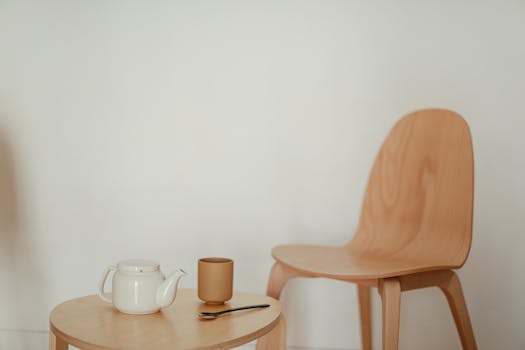
What is Minimalist Living?
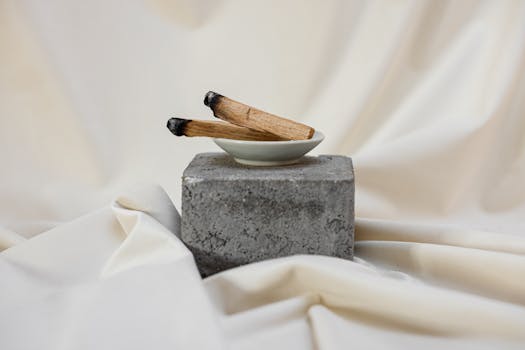
Minimalist living is the intentional practice of simplifying one’s life by reducing clutter, both physically and mentally. The idea revolves around the principle that less is more, emphasizing quality over quantity. This lifestyle promotes the decision to keep only those items that truly add value to our lives, which in turn fosters a sense of tranquility, focus, and purpose.
Benefits of Embracing Minimalism
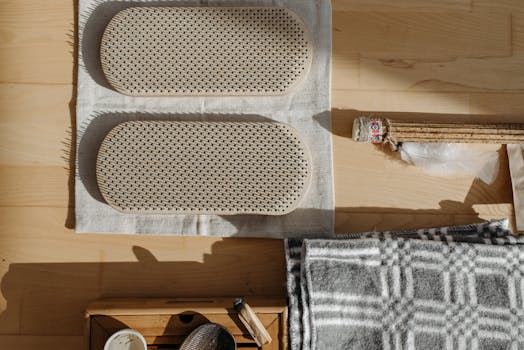
Adopting a minimalist lifestyle comes with numerous benefits that extend beyond merely owning fewer things. One of the most significant advantages is a reduced level of stress. With fewer physical distractions, individuals often find their mental clarity improved. Moreover, the financial savings from not purchasing unnecessary items contribute to a more secure and less anxiety-provoking financial situation.
Another notable benefit is the impact on personal relationships. A minimalist life encourages living mindfully and being present with loved ones. It emphasizes experiences over possessions, allowing individuals to create memories over accumulating goods.
Steps to Start Your Minimalist Journey

If you’re interested in minimalism, here are some practical steps to get started:
- Assess Your Current Situation: Take a close look at your possessions. Identify items that you haven’t used in over a year. This is a sign that they may not be needed.
- Declutter Gradually: Start with one area of your home, like a bedroom or closet. Go through each item and make decisions based on whether it brings you joy or serves a purpose.
- Adopt Mindful Consumption: Before making future purchases, pause and ask yourself whether the item is truly necessary or if it will just end up as clutter.
- Create a Minimalist Space: Transform your living area into a sanctuary. Use sustainable materials and simple designs that encourage tranquility and relaxation.
- Reflect Regularly: Spend time reflecting on your habits and the quality of your life. Adjust your approach as needed to maintain a simplistic and focused lifestyle.
Minimalism and Mental Health
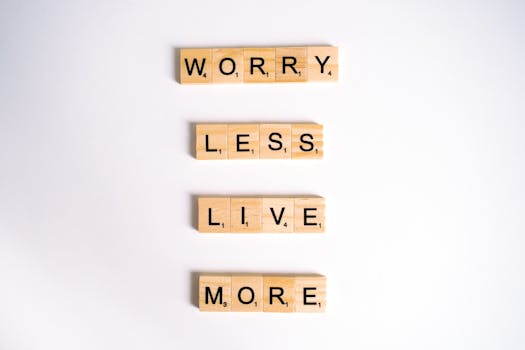
The connection between minimalist living and mental health is substantial. Many people feel overwhelmed by their possessions, leading to anxiety and burnout. Adopting minimalism allows individuals to lift that weight off their shoulders. Dedicated time to releasing unneeded possessions can evoke feelings of relief, empowerment, and freedom.
Moreover, minimalism’s focus on personal values and priorities helps enhance self-awareness. By critically evaluating what we own and why we own it, we can foster better mental clarity, leading to a healthier, happier state of mind.
Sustaining Minimalist Living
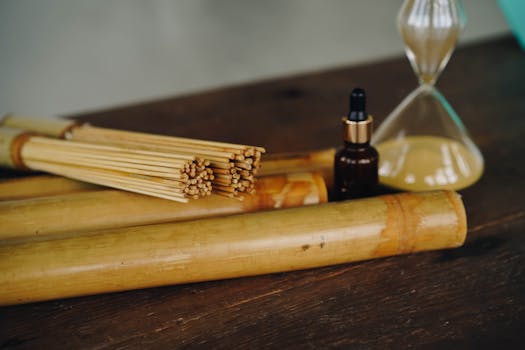
To sustain this lifestyle, regular evaluations of what you own and routinely re-examining your purpose are crucial. Understanding that minimalism is not merely a phase but a lifestyle choice takes commitment. Many opt for a one-in, one-out rule: if you acquire a new item, let go of one you possess.
Additionally, seeking inspiration through books, social media, or community groups can provide ongoing motivation. Engaging with others who share similar values will reinforce your minimalist commitments and help you navigate the challenges, ensuring a richer, experience-focused life.



